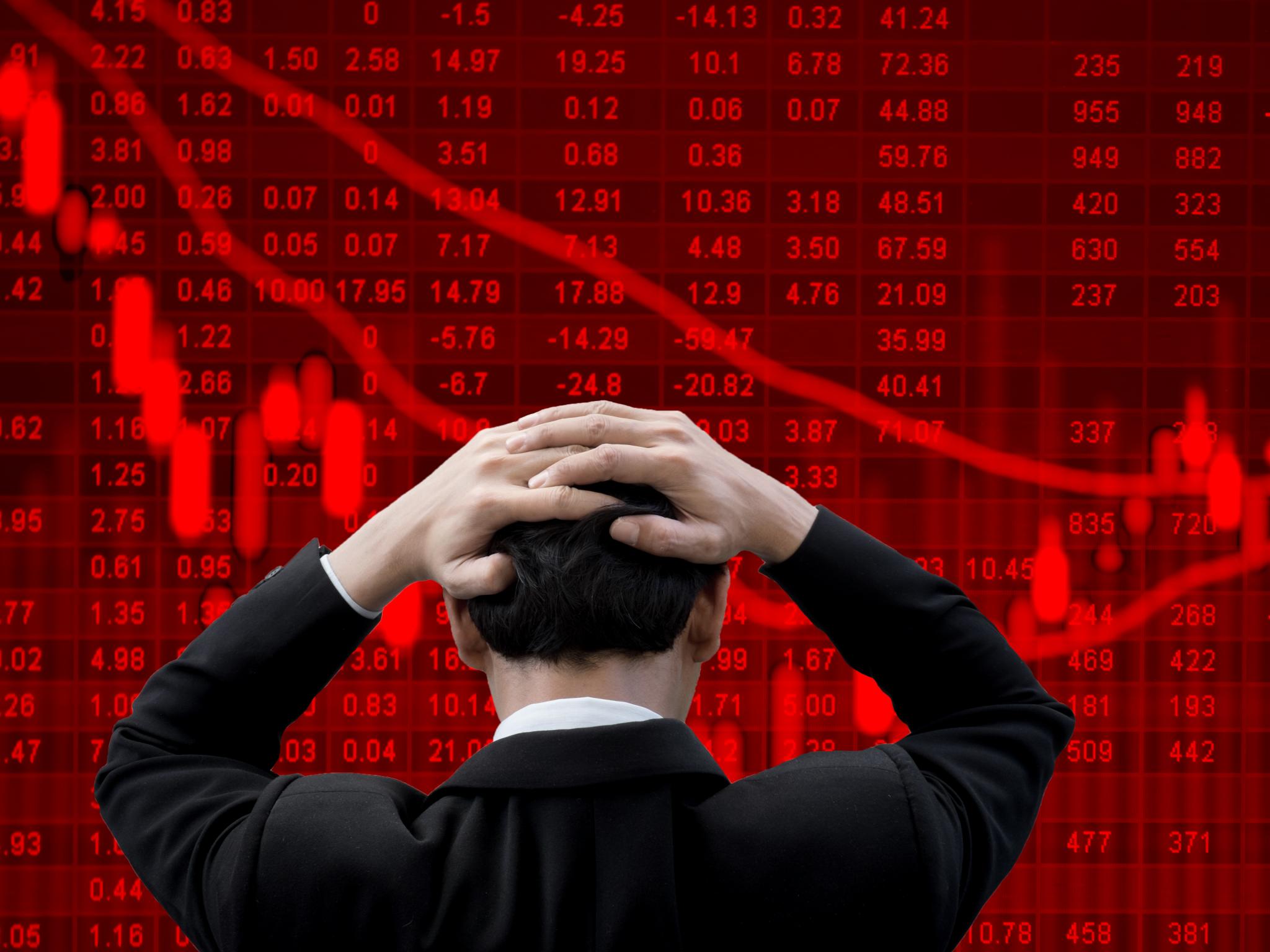
Since the pandemic hit in 2020, conspiracy theorists have had a field day. With seemingly everything in question, it’s been hard to discern real information from fake.
An economic collapse is not a new phenomenon or new fear. However, the current scare feels closer than ever before. While nobody is a fortune teller, experts in the field share what they see coming. Here are some reputable investors and large active traders who have shared their thoughts on the matter.
Elon Musk has aired his candid views. Musk stated at the Qatar Economic Forum in late June that “a recession is inevitable at some point, as to whether there is a recession in the near term, that is more likely than not.”
More recently Musk doubled down and said “we are past peak inflation” and likely to see a “relatively mild recession,” lasting for about 18 months. Musk’s take on the global economy was shared during Tesla Inc.’s (NASDAQ:TSLA) shareholders call. Musk admitted however, “making macroeconomic prognostications is a recipe for disaster.”
Jim Cramer has also voiced his opinion on what the economy may look like in the near future. Cramer stated on a July 22 episode of Mad Money that a mild recession was likely. He said “if you talk to Bank of America, Citi, or if you talk to JP Morgan, they will tell you that the consumer is in great shape. When you consider the strong job market and all the money people saved during the pandemic, it’s possible that the consumer can ride out a wave of disappointment.”
BlackRock Inc. (NYSE:BLK) CEO Larry Fink didn’t outright say “economic doom, but he did suggest that “Americans should be more concerned with food prices than oil prices.” Fink’s thoughts were shared in an interview with the Financial Times in July. He explained that “this isn’t just an inflation concern. There are also geopolitical concerns that result.”
Fink’s concerns largely stem from Russia’s invasion of Ukraine and the resulting sanctions and destruction. Oil, gasoline, fertilizer and agricultural products were all hit hard after Russia had sanctions imposed, which contributed to food inflation.
Bill Gates billionaire, co-founder of Microsoft Corp. (NASDAQ:MSFT), has not said much about his personal outlook on the global economy. However, actions speak louder than words, and it seems he agrees with Fink’s take. It is probably common knowledge that Bill Gates is the largest owner of U.S. farmland in the world. He shared Fink’s sentiments in a quote as well, commenting on the Ukraine/Russian war, stating it was “driving up food prices, which will increase malnutrition and instability in low-income countries.”
Everyone is entitled to their own opinion, and you can comb through numerous quotes from savvy investors, moguls and billionaires. One shared sentiment is that during an economic crisis, there is an opportunity for gains. If you’re smart, patient and a little lucky, you could come out the other end far wealthier than you entered. Here are some of the typical things people invest in during an economic downturn.
Land: If mortgage rates scare you, you like real estate investment trusts (REITs) and you believe there will be a scarcity in food, you may want to explore Farmland Partners, Inc. (NYSE:FPI). The REIT focuses on farmland and land with agricultural development potential. Its portfolio focuses on corn, soybeans, wheat, rice and cotton. Remaining land concentrates on specialty crops like almonds, citrus, blueberries and vegetables. The REIT is up over $3 per share over the past year.
Browse passive real estate investment options on Benzinga’s Real Estate Offering Screener.
Metals: You may have heard people saying “buy gold.” This precious metal can be turned into cash in most countries, unlike the fluctuating values of other investments like stocks or bonds. The price per ounce may have peaked in 1979, but it is approaching that high again. And had you bought in 2001, you could have cashed in nearly $2,000 per ounce recently. Gold is a safe play but a long play. You can conduct some of your own analysis on Benzinga.
Related: How to Buy Gold







